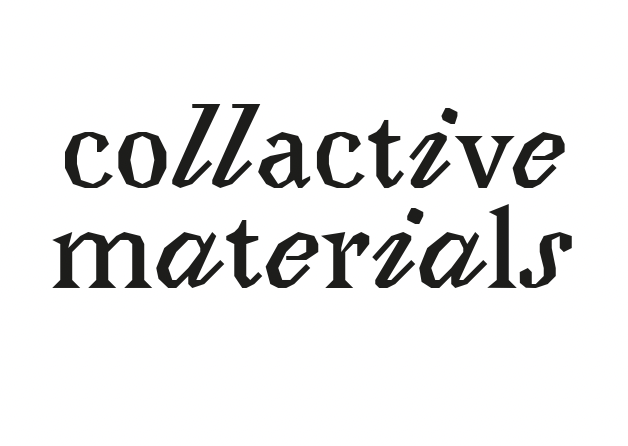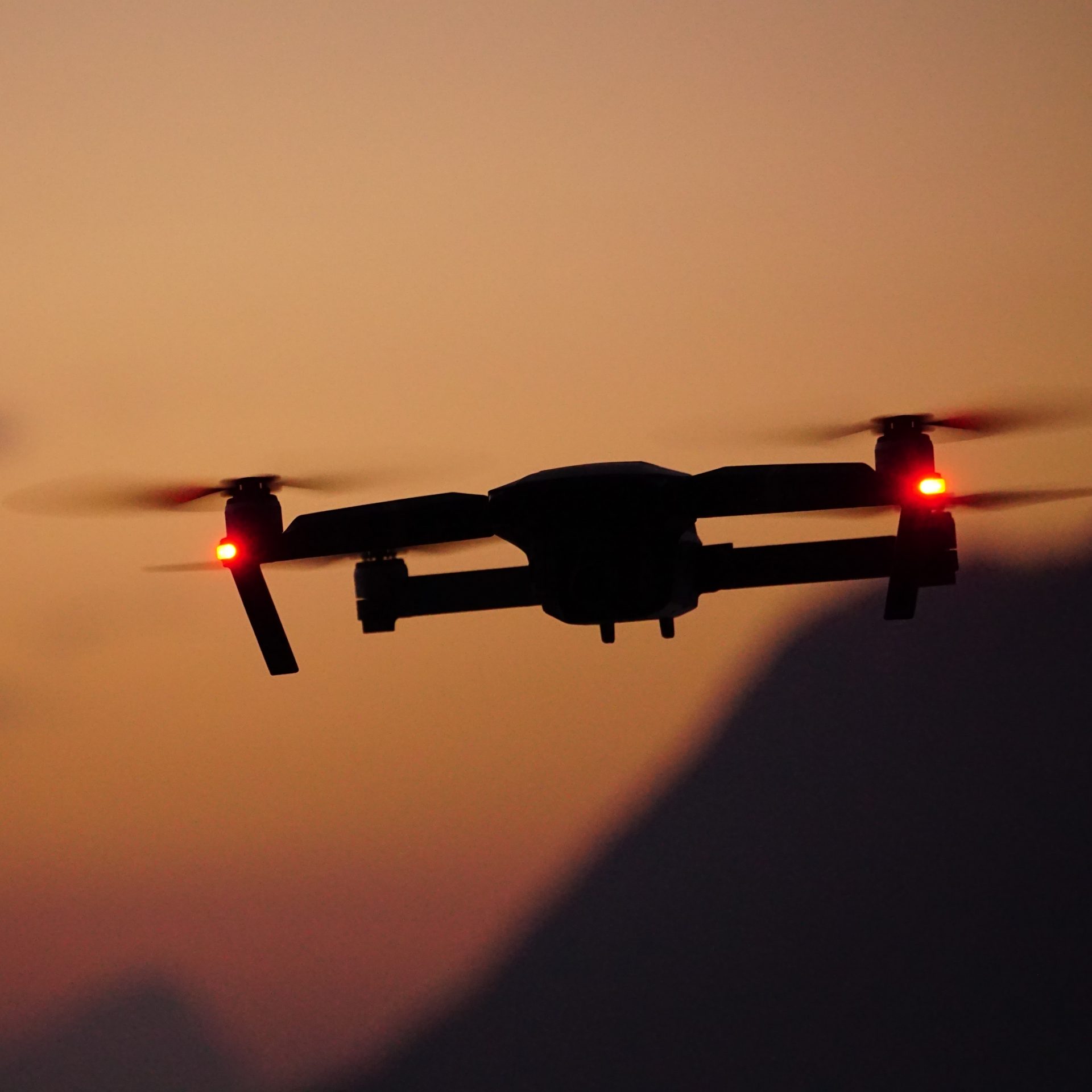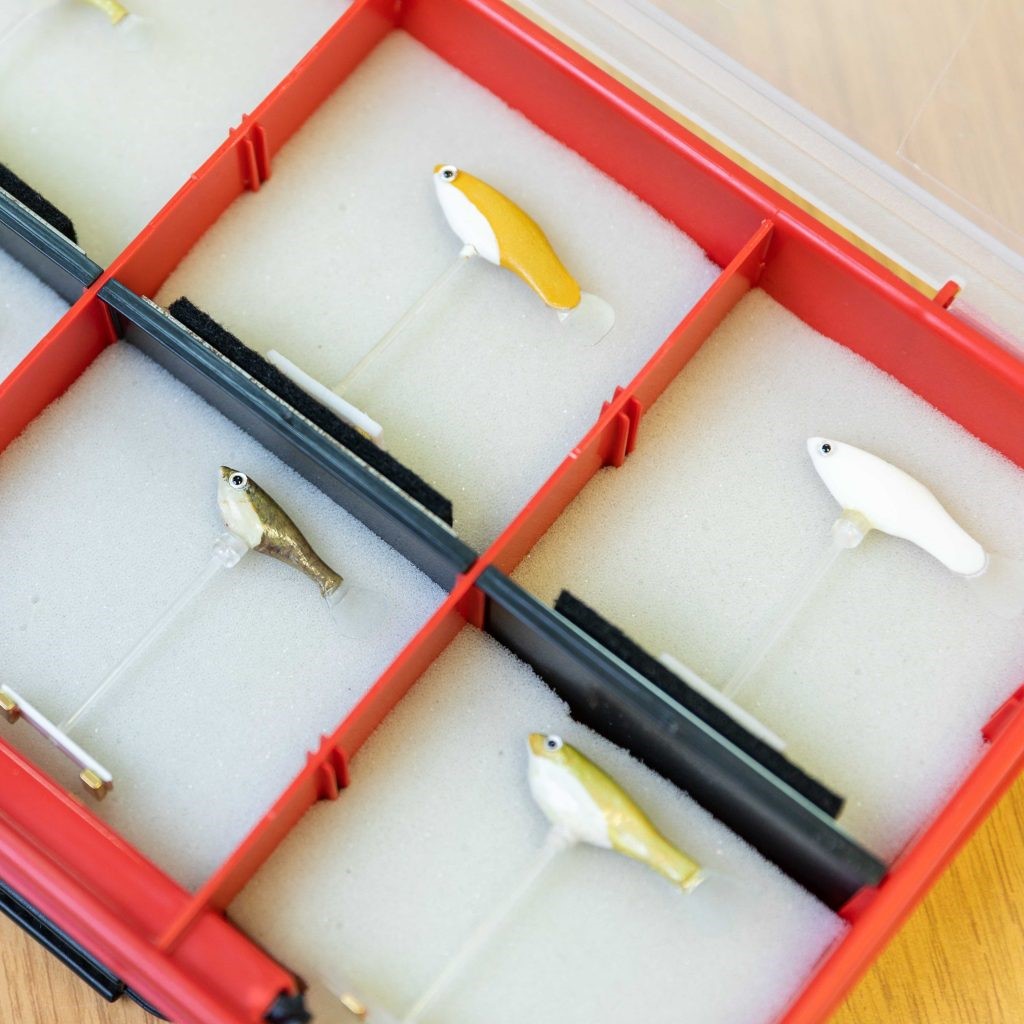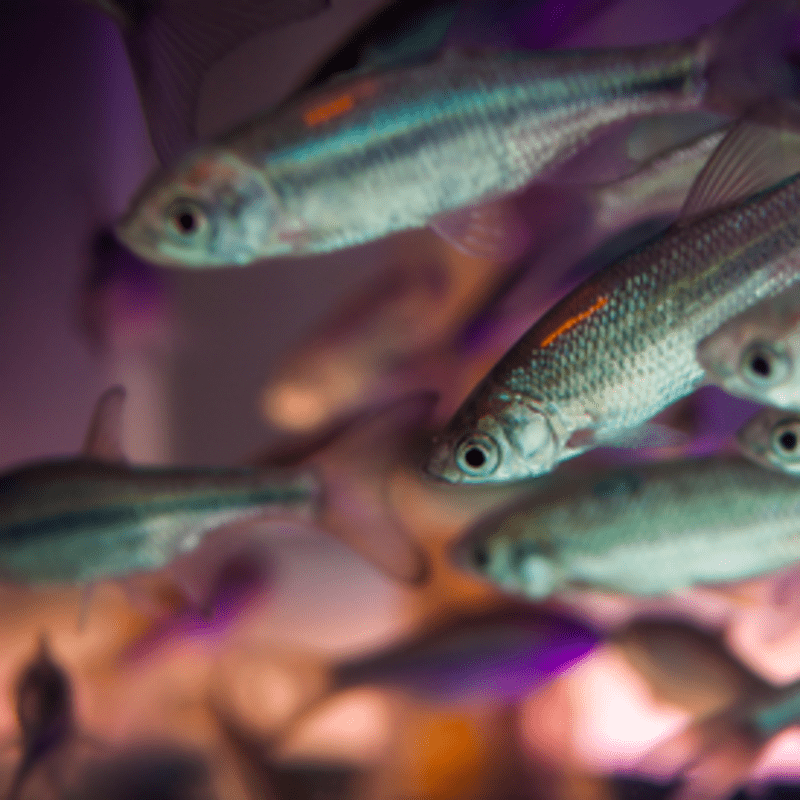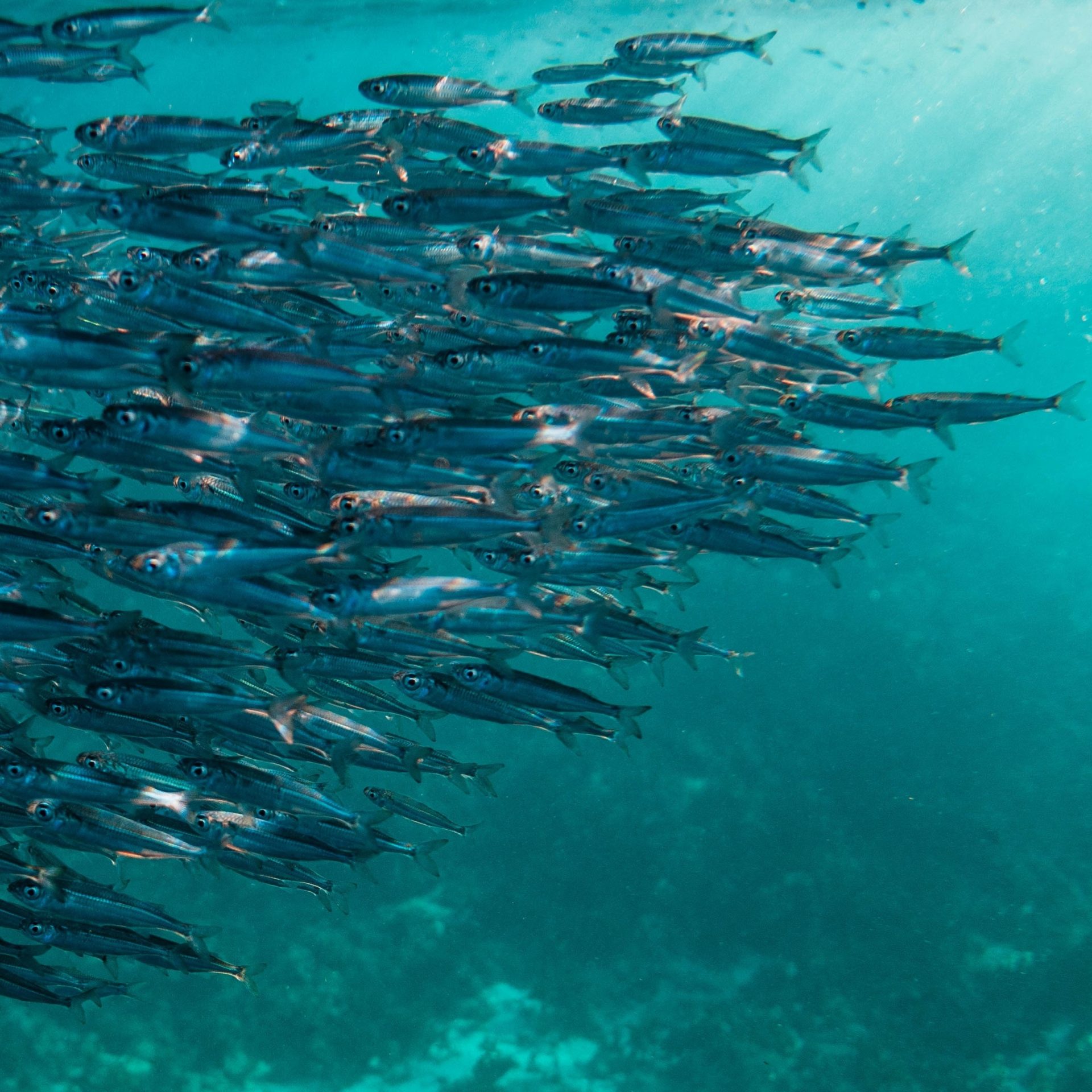
Berlin Science Week 2022 – The Science Slam of the Berlin Clusters of Excellence, “Clear the stage for science”
At our cluster science slam, scientists try everything to entertain their audience, regardless of whether the subject is e.g. mathematics, neuroscience or active material. The sky is the limit when it comes to what’s possible. Costumes, props, movies, power-point presentations or other experimental setups – it is all allowed. Only time sets the limits –

